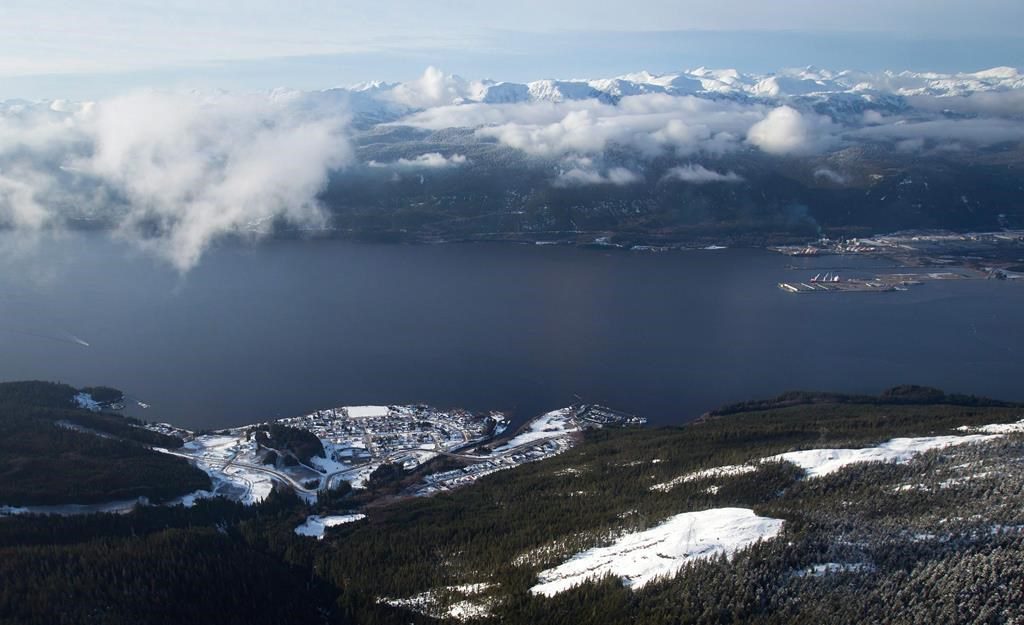The Cedar LNG project worth US$3.4 billion looks more likely to happen after the project partners made positive statements recently.
RBC Capital Markets predicts that Pembina Pipeline Corp. and the Haisla Nation of B.C. will soon approve the project for investment.
RBC analyst Robert Kwan stated in a note to clients that they expect a positive investment decision for Cedar LNG as long as there are no negative changes in the project finance market.
Pembina has made progress on several important aspects.
Cedar LNG is a proposed floating liquefied natural gas facility that pipeline company Pembina plans to build with the Haisla in Kitimat, B.C.
The Haisla would own the facility, which would produce LNG for export to Asian markets, making it the largest Indigenous-owned infrastructure project in the country.
Pembina has announced a long-term natural gas supply agreement for the facility with ARC Resources Ltd., a company with natural gas drilling operations in the Montney region of northeast B.C. and northwest Alberta.
Under the agreement, ARC will provide around 200 million cubic feet per day of natural gas for liquefaction to the facility for a 20-year term starting with the commencement of commercial operations, expected in the second half of 2028.
Pembina has also issued a formal “notice to proceed” to its contractors for the engineering, procurement, and construction of the LNG production unit.
Cedar LNG has already received all major regulatory approvals and is working on an agreement to connect the floating facility to Coastal GasLink, the TC Energy-owned pipeline.
Construction of LNG Canada near Kitimat is almost finished and is set to be the country’s first liquefied natural gas export terminal.
Woodfibre LNG, another smaller facility, has also been approved for construction near Squamish, B.C.
Pembina expects to make its final investment decision on Cedar LNG by the middle of this year.
The company had initially said a decision could be made before the end of the first quarter, with onshore construction work starting in the second quarter of this year. However, it later postponed its decision, stating that ongoing negotiations for natural gas supply and project financing must first be resolved.
Supporters of a Canadian LNG industry believe that liquefied natural gas from Canada could help reduce global greenhouse gas emissions by replacing coal in countries still reliant on the dirtier fuel.
However, environmentalists argue that LNG creates emissions through the liquefaction and transportation process, as well as through the drilling and flaring of natural gas in Western Canada.
They argue that constructing large LNG terminals with huge upfront capital investments “locks in” future greenhouse gas emissions at a time when the world needs to be focusing on a lower-carbon future.
The initial estimated cost of building Cedar LNG was US$2.4 billion, but Pembina announced on Thursday that it now expects the cost to be US$3.4 billion.




